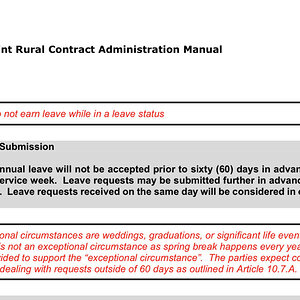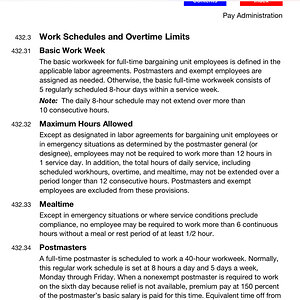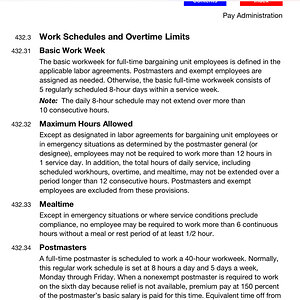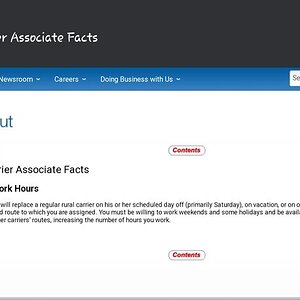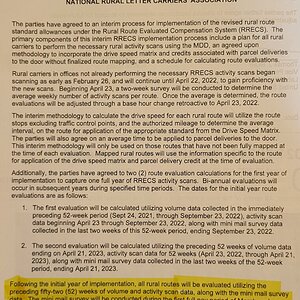Bennie Franklin
Active member
In an attempt to compare rate of return for C fund vs privately managed, I checked Fidelity Magellan for no particular reason. C fund tracks the S&P and Fidelity Magellan plays in that space. Three, five and ten year returns for the TSP C fund were 14, 15, and 13.9. Fidelity DID barely beat those returns in the three and five year category (16, and 16). But over a ten year average lost to the TSP by .5% at 13.4. The Vangaurd 500 fund did not beat the TSP in any category. There are many, many funds to compare however.



